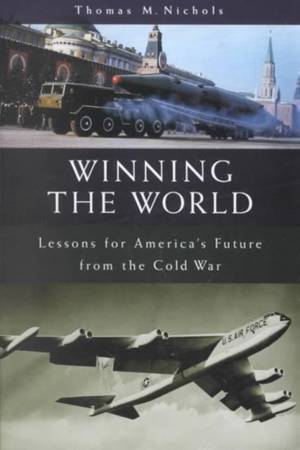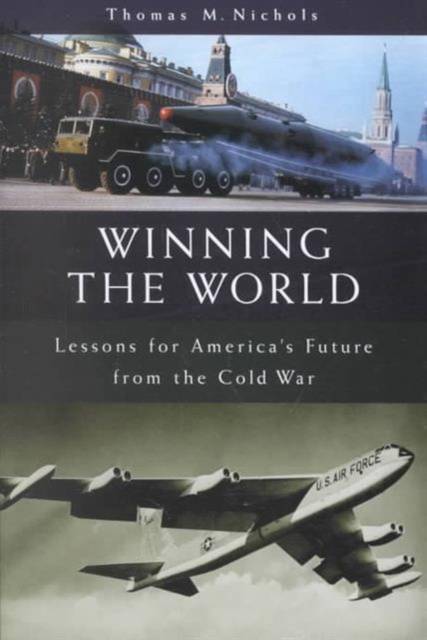
- Retrait gratuit dans votre magasin Club
- 7.000.000 titres dans notre catalogue
- Payer en toute sécurité
- Toujours un magasin près de chez vous
- Retrait gratuit dans votre magasin Club
- 7.000.000 titres dans notre catalogue
- Payer en toute sécurité
- Toujours un magasin près de chez vous
161,45 €
+ 322 points
Description
At the dawn of the 21st century, it should be evident that the Cold War of 1945-1991 was but the first of its kind. Nichols urges the reader to consider previous resolutions before another such conflict arises. He asserts that the Cold War was essentially a clash of ideologies tempered by the ever-present threat of nuclear annihilation. Victory for the West came quietly, without the final and utterly destructive war often envisioned.
Undoubtedly, the end of the Cold War was a signal victory for the West, and for the United States in particular. Yet Nichols reminds that enemies of the ideals of democracy, capitalism, and liberty abound and will lash out against western states that hold true to them. When this occurs, it will be imperative for the West to remember key lessons taken from the Cold War. Nichols argues that conflicts driven by dissonant ideologies differ from wars fought over resources and territory, and must therefore be fought differently.Spécifications
Parties prenantes
- Auteur(s) :
- Editeur:
Contenu
- Nombre de pages :
- 280
- Langue:
- Anglais
- Collection :
Caractéristiques
- EAN:
- 9780275966638
- Date de parution :
- 30-12-02
- Format:
- Livre relié
- Format numérique:
- Genaaid
- Dimensions :
- 167 mm x 241 mm
- Poids :
- 576 g







